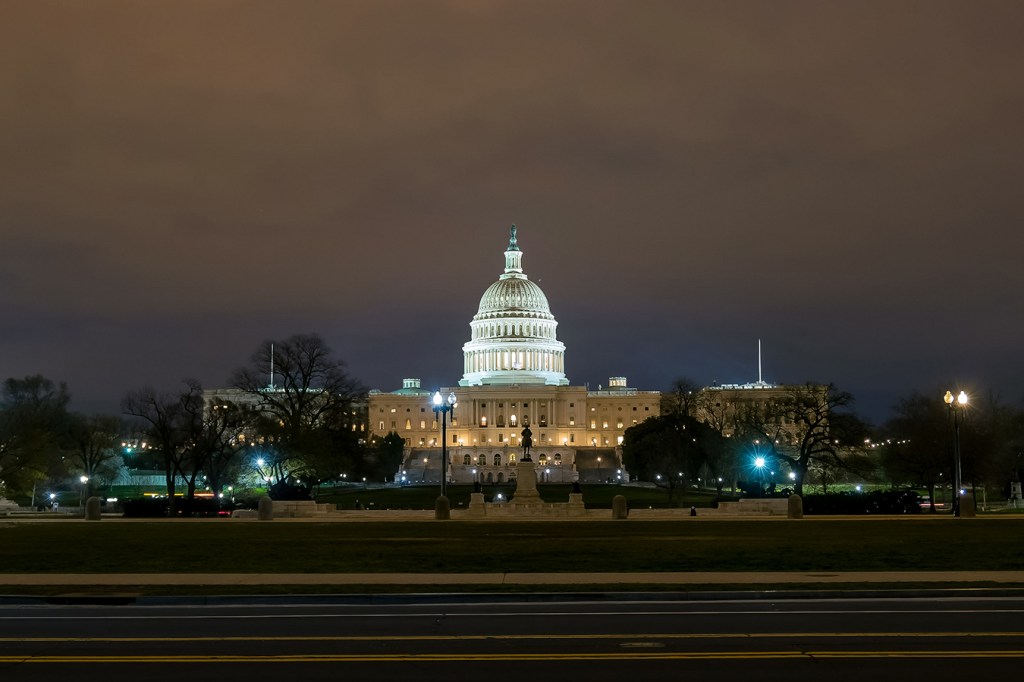The House Energy and Commerce Committee Wednesday approved its version of legislation to curb surprise medical bills.
Though this step was an important advance, there’s still a long way forward before Congress agrees on a legislative solution to this high-profile consumer concern.
These bills, the unexpected and often high charges patients face when they get care from a doctor or hospital that isn’t in their insurance network, have been the hot issue on Capitol Hill for months. Lawmakers on both sides of the aisle have been tripping over themselves to address the widely loathed problem.
One of the existential questions of the debate has been how to compensate health care providers if balance billing — which is what happens when patients are responsible for the costs not covered by their insurer — is prohibited.
The bill before Energy and Commerce originally included what’s known as “benchmarking” to set the payment amount for out-of-network doctors. So, instead of sending patients a bill for the amount that their health plans don’t pay, a doctor would be forced to accept an amount that is the average of what other doctors in the area are paid for the procedure.
This approach has been favored by groups representing employers and insurance plans but draws disdain from medical specialty provider groups. Those doctor organizations, which include specialists like emergency physicians and anesthesiologists, prefer arbitration, sometimes called “independent dispute resolution.” Under that system, both the insurer and provider would propose an amount to an independent third party, who would pick one of the two prices. The loser then pays the costs of the arbitration.
During the panel’s markup, Reps. Raul Ruiz (D-Calif.) and Larry Bucshon (R-Ind.) successfully added an amendment, which would create a “backstop” to the measure’s benchmarking approach.
Here’s how it works: The doctor’s payment would still be based on a benchmark, but if he or she thinks that isn’t high enough, the physician can appeal to an arbitrator. This backstop could be used only if the dollar amount in question is more than $1,250, and the arbitrator can consider only the complexity of the case and the quality of care.
“While I prefer the benchmark like we have in Oregon, I think it strikes a fair and necessary balance,” said the committee’s top Republican, Rep. Greg Walden of Oregon.
Though it’s a tidy compromise between the positions, it means the House bill no longer matches the primary legislation moving through the Senate, which earlier this summer gained the approval of that chamber’s Health, Education, Labor and Pensions (HELP) Committee That bill exclusively favors benchmarking.
HELP Committee Chairman Lamar Alexander (R-Tenn.) has indicated he’s open to discussions. Other members of the panel, such as Sen. Bill Cassidy (R-La.), applauded the House action.
“The House is taking a step in the right direction,” Cassidy said in an email. “We need to end up in a place that gives patients security while having a level playing field for providers, hospitals and insurers.”
No everyone viewed the “backstop” idea as a positive step forward.
A range of stakeholders who oppose the arbitration approach because they think it will lead to higher costs over time have offered stinging criticism, some even withdrawing their support for the Energy and Commerce measure.
“We have asked Congress for one key assurance — protect us, and our employees, from being locked into government-mandated binding arbitration, which is being pushed by Wall Street-owned doctor groups,” Annette Guarisco Fildes, the CEO of ERIC, a group that represents large employers, said in a statement around five hours before the amendment was introduced in committee.
“Disappointingly, the House Energy and Commerce Committee is set to report out legislation that locks employers into exactly such a mandate,” she added.
Even groups that have been championing the independent dispute resolution approach, like the American College of Emergency Physicians, have qualms with the compromise, saying most emergency services cost less than $1,250 and won’t qualify for arbitration.
That isn’t the only hurdle ahead for the surprise bill legislation.
In the Senate, where the surprise bill provisions are part of a larger package aimed at lowering health care costs across the industry, senators have placed 10 “holds” on the legislation, meaning it can’t go to the Senate floor for a vote yet.
Still, staffers are optimistic that bill can still pass before the Senate leaves D.C. for its August recess.







